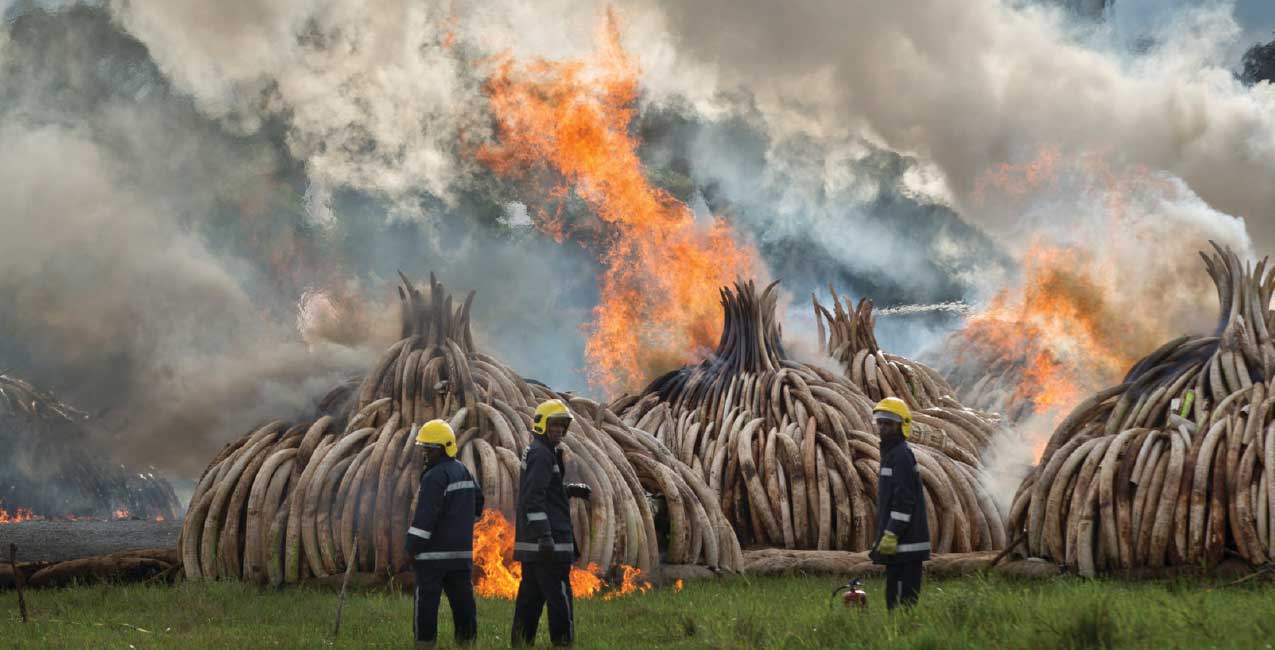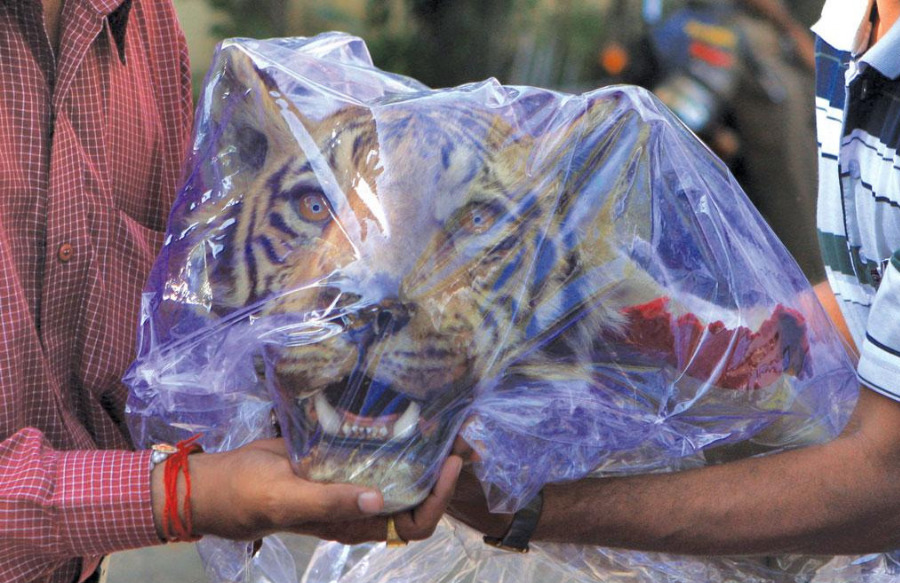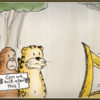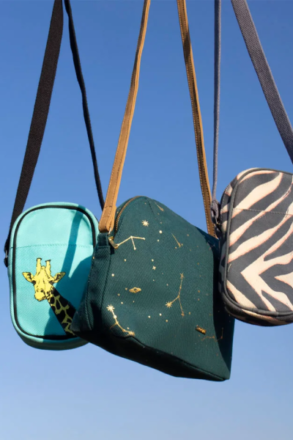- Empty cart.
- Continue Shopping
We are the last generation that can save wildlife, says WWF

Does that make us superhumans? Absolutely not. We have caused destruction to the point of no return and ironically we are the last generation that can save our wildlife. Global wildlife pollution has fallen by 60% in the last four decades. Reason? Climate change, Deforestation, accelerating pollution and other man-made factors.
WWF UK Chief Executive Tanya Steele in a statement said, “We are the first generation to know we are destroying our planet and the last one that can do anything about it.”
After human involvement in the animal ecosystem, the extinction rates have reached 1,000 times higher than before. According to the Living Planet Report 2018, more than 4000 species of reptiles, birds, mammals, fish, and amphibians have declined between 1970 and 2014. The rate at which the extinction is happening is alarming.
As pollution, climate change, poaching, hunting, diseases, climate change, and habitat removal continue to spread, the portion of the Earth that is free from Human impact is projected to drop at a significant amount by 2050.
Modeled on the Paris Climate Agreement, WWF has called for an international treaty to reverse human effects on nature and protect wildlife as the current efforts made to protect the natural world are not yielding satisfactory results.
The crisis is “unprecedented in its speed, in its scale and because it is single-handed,” said Marco Lambertini, the WWF’s director general. “It’s mind-blowing. … We’re talking about 40 years. It’s not even a blink of an eye compared to the history of life on Earth.”
“Now that we have the power to control and even damage nature, we continue to (use) it as if we were the hunters and gatherers of 20,000 years ago, with the technology of the 21st century,” he added. “We’re still taking nature for granted, and it has to stop.”
Compared to just 5% of seabirds with plastic in their stomachs in 1950, nearly 90% of seabirds reportedly are found to have consumed plastic while about half of the world’s shallow-water corals have been lost in the past three decades.
The most rapid drop in Animal life has occurred in tropical areas of the Caribbean and Latin America with about 90% fall in populations since 1970 while freshwater animals like frogs and river fish have shown a decline of 83%.
Destructive methods
The living planet report highlights various human activities that have led to losses in animal populations.
African animals in Tanzania declined in number by 60% in just five years between 2009 to 2014 mainly due to poaching. Around 1,00,000 orangutans disappeared between 1999 and 2015 due to deforestation in Borneo.

As global warming is causing Arctic ice to melt, the number of polar bears are expected to decline by 30% by the year 2050. Plastic pollution is having a devastating effect on the pristine environment and Some researchers estimate there will be more plastic than fish in our oceans by 2050.
“The collapse of wildlife populations over the last half-century is a shocking measure of humanity’s impact on our planet,” John Sauven, executive director of Greenpeace UK, said in response to the report, joining WWF in calling for “urgent action from world leaders.”From the decline of orangutans due to deforestation for palm oil to the ruinous impact of climate change on Arctic habitats to plastic pollution destroying marine wildlife, we cannot continue with business as usual,” he added.
A global addressal
We have reached a point of almost no return and this problem needs an international action. The WWF has urged government organizations to strike a deal similar to the Paris climate change agreement. It has requested the support of 196 member nations of the convention on biological diversity to consider a range of targets and a deal to be struck at the 75th United Nations Green Assembly in 2020.
The targets set will be similar to the 2 degrees target of the Paris agreement but they are yet to be ascertained.
Wildlife is not just ‘nice’ to have. A lot of food, medicinal supplies, human health, and global financial stability, are all getting badly affected by the decline in nature and wildlife and it is time we start thinking about the adverse effects our activities are having on wildlife.
Source: CNN






